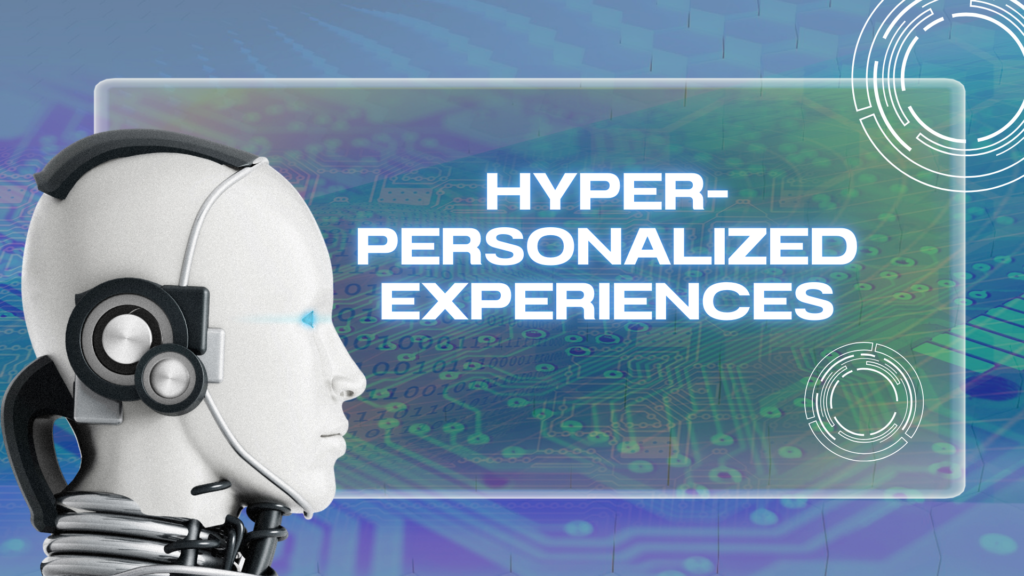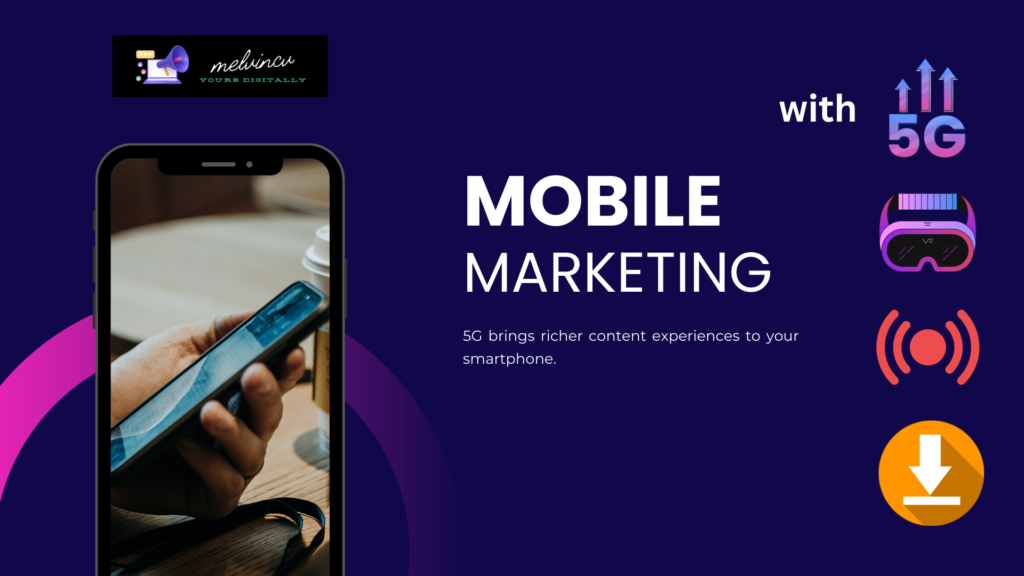As the digital landscape evolves, innovations continue to shape how brands connect with their audiences. These breakthroughs are redefining marketing strategies and unlocking new opportunities. Here, we explore the top 10 innovations that are pushing the boundaries and leading the future of digital marketing.
AI and Machine Learning Personalization

AI and machine learning have revolutionized digital marketing by enabling hyper-personalized experiences.
Through predictive analytics, these technologies can analyze user behavior, preferences, and interactions in real time, delivering tailored content, product recommendations, and offers.
This not only boosts user engagement but also enhances conversion rates by providing relevant and timely messages.
Voice Search Optimization
With the rise of voice-activated devices like Amazon’s Alexa and Google Assistant, voice search optimization has become a must for marketers.
More consumers are using voice queries, which differ significantly from text-based searches.
Optimizing for conversational keywords, using natural language, and focusing on local SEO are key strategies to ensure brands are visible in voice search results.
Video Marketing and Interactive Content

Video marketing has long been a staple in digital strategies, but now, interactive content is taking center stage.
Shoppable videos, 360-degree experiences, and live streaming allow consumers to engage directly with brands.
These formats create immersive experiences, driving deeper connections and improving retention rates, while also enhancing social sharing.
Programmatic Advertising
Programmatic advertising automates the ad-buying process, allowing marketers to deliver highly targeted ads at scale.
By using data-driven insights, programmatic ads can reach specific audiences based on demographics, interests, and browsing behavior.
This innovation increases efficiency, reduces costs, and maximizes ROI, making it a crucial tool in modern digital marketing.
Blockchain for Transparency and Security

Blockchain technology offers enhanced transparency and security in digital marketing, particularly in advertising.
By verifying transactions and reducing fraud, blockchain ensures that ad impressions and clicks are authentic.
This increased accountability helps brands build trust with their audiences and allows for more accurate ad spend tracking.
Augmented Reality (AR) in Social Media
Augmented reality (AR) is gaining traction in social media marketing, enabling users to engage with branded content in an immersive way.
Filters, AR lenses, and virtual try-ons are becoming popular, allowing users to interact with products without leaving the app.
This not only boosts engagement but also helps consumers make more informed purchasing decisions.
Chatbots for Customer Support

Chatbots powered by AI are enhancing customer service by providing instant responses to common queries.
They operate 24/7, helping brands improve response times and reduce customer support costs.
With advancements in natural language processing, chatbots are becoming more conversational and capable of handling complex inquiries, thus improving overall user satisfaction.
Influencer Marketing Evolution
Influencer marketing continues to evolve, with micro and nano-influencers gaining more attention.
These smaller-scale influencers often have higher engagement rates and more loyal followings, making them ideal for niche marketing.
Brands are focusing on authentic collaborations with influencers who align closely with their values, helping to build stronger relationships with target audiences.
Enhanced Mobile Marketing with 5G

The introduction of 5G technology is set to revolutionize mobile marketing by increasing speed and connectivity.
Marketers can now deliver richer content experiences, such as augmented reality, high-quality video streaming, and instant downloads.
This improved user experience allows for more engaging, data-heavy campaigns tailored for mobile users.
Privacy-First Marketing
With increasing concerns over data privacy, marketers must adapt to a privacy-first world.
Regulations like GDPR and CCPA have forced brands to be more transparent about data collection and usage.
Privacy-first strategies focus on ethical data usage, ensuring customer trust while still delivering personalized experiences.
Melvin C Varghese is an author with more than 8 years of expertise in DevOps, SEO and SEM. His portfolio blogs include a Digital Marketing blog at https://melvincv.com/blog/ and a DevOps blog at https://blog.melvincv.com/. He is married with 2 small kids and is a simple person who eats, sleeps, works and plays. He loves music, comedy movies and the occasional video game.

